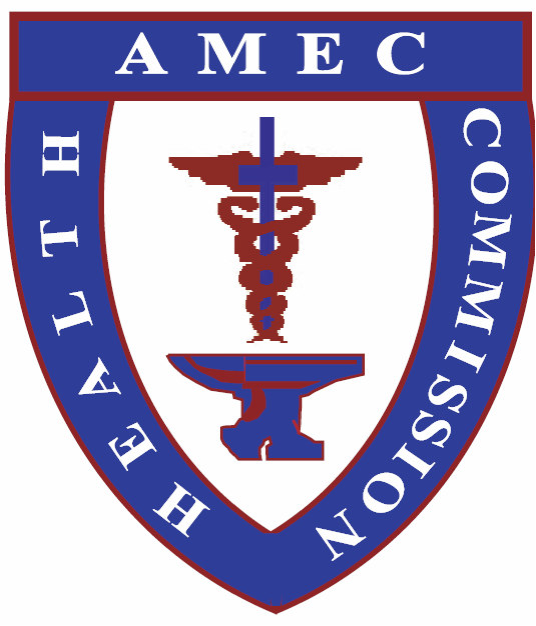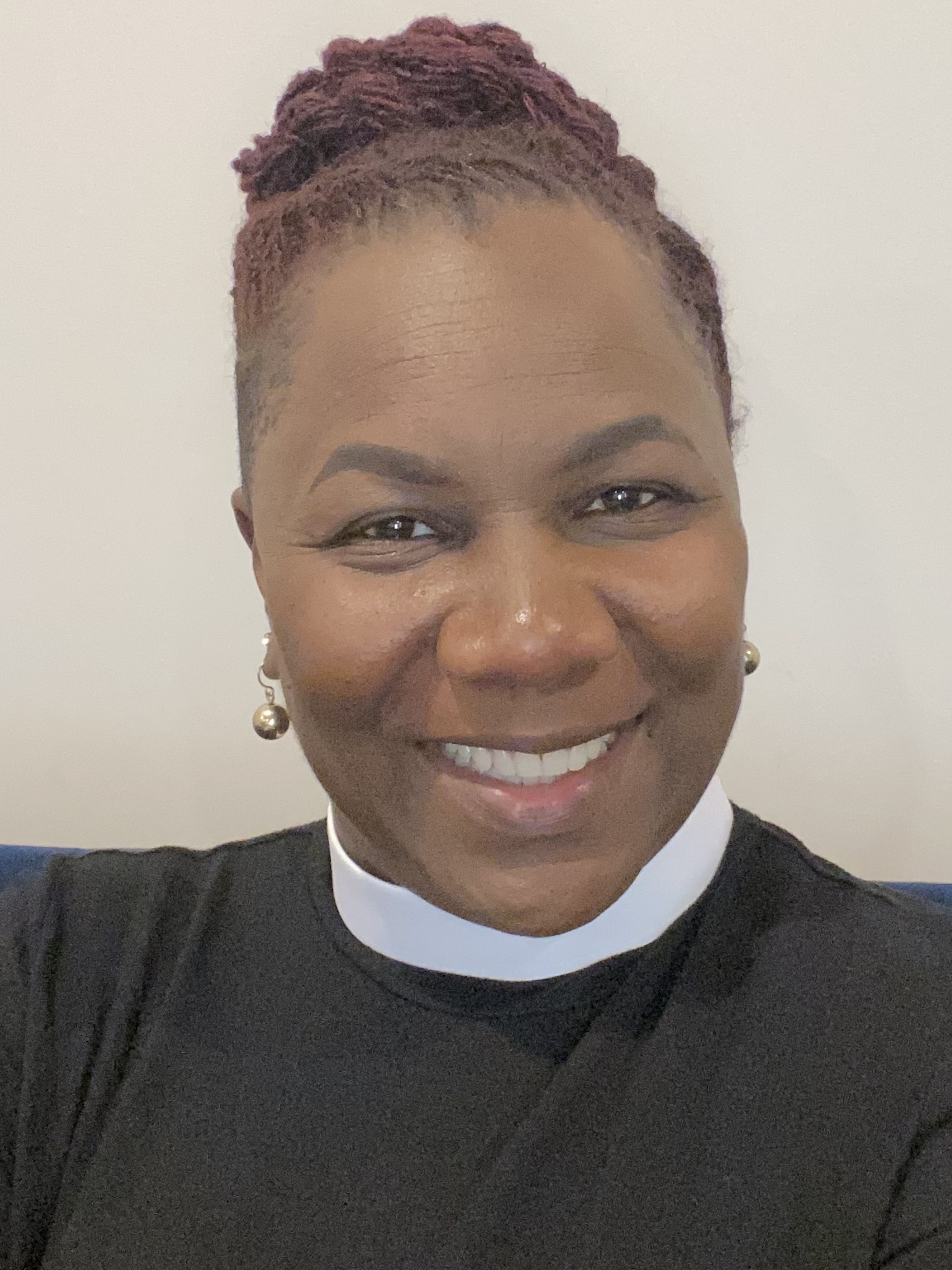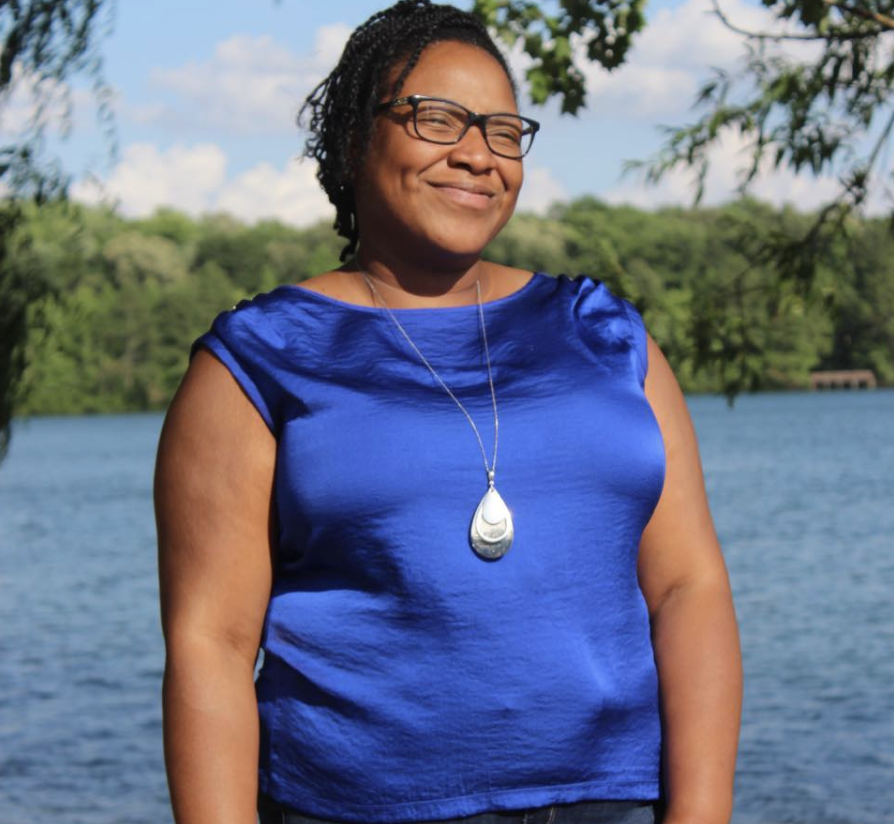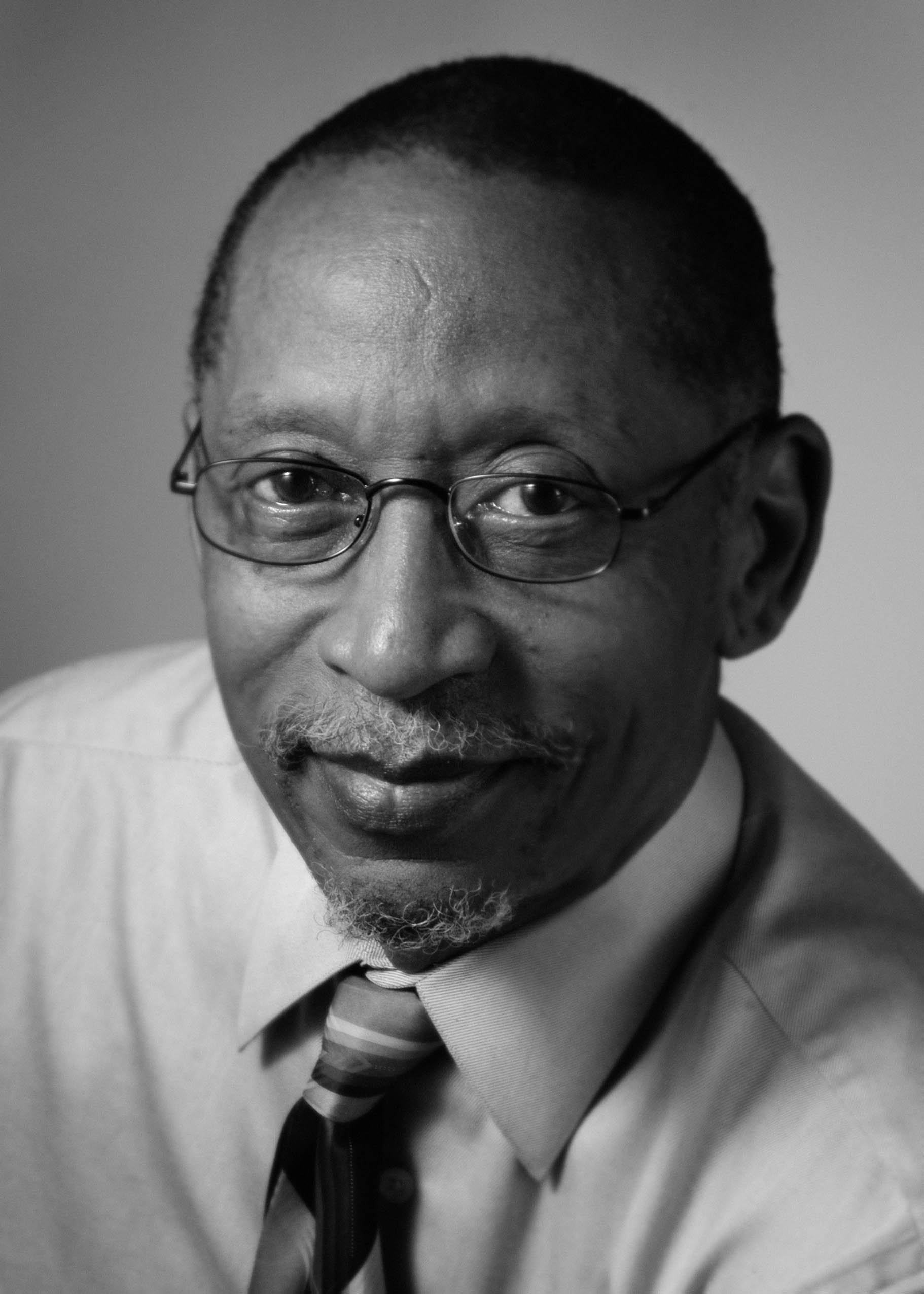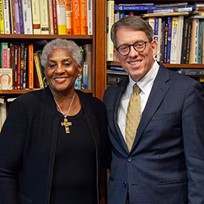As the leak of a draft of a Supreme Court decision that would repeal Roe v. Wade sends shockwaves around the country, members of our Zion are still suffering from the aftershock of generations of reproductive injustice already predicated on this community. We are the descendants and the survivors of medical victimization, most prominently in the same states that this change will most negatively affect. From the abuse of our bodies as objects for medical experiments on the plantation to the same in the medical pavilions today, we bear the scars that have become keloids long before Roe V. Wade. However, as this threat awakens a sense of urgency for the country, we can no longer remain silent. We who have been founded and nurtured at the bosom of Social Justice cannot drop the ball in the fight for Reproductive Justice. Whether you agree or not, this fight demands our attention.
Historically, Black women have silently borne the generations-long ripple effect of disproportionate adverse health outcomes and continued to find sanctuary, succor, and hope in the Black church. We show up in worship laden with the sequelae of health inequities, silently suffering in praise. When we pray, we lift up to our Creator that even today, we are 3-4 times more likely to die in childbirth despite our age at pregnancy, socioeconomic status, or academic achievements. We are also more likely to suffer from “a Mississippi appendectomy” than our white counterparts. We are more likely to suffer the consequences into our senior years of those inequities predicated upon our bodies during our reproductive years. When we pray, we surrender to our God that more than 40% of Black women experience intimate partner violence compared to 31.5% of all women, according to the 2017 report “The Status of Black Women in the United States.” Before the pen makes a complete and final stroke to that document, Black women are already in a reproductive health crisis. Black women are forced to fight against numerous medical barriers stemming from racial bias that rarely affect their white counterparts; as such, we need to rise from our needs armed with the power of the Holy Spirit to make a change.
Every day we seek healthcare in a system that continues to see us as the least and the less. We entrust our care to a system in which we are underrepresented and implicit bias and “unsubstantiated truths” still exist. According to the Association of American Medical Colleges, we receive care from an institution where 5.0 % of physicians identified themselves as African American in 2018. The African American female physician is an even rarer sight at less than three percent. Structural racism and implicit bias continue to appear in the exam room with great frequency
Reproductive Justice links reproductive rights with the social, political, and economic inequalities that affect a woman’s access to reproductive health care services. Core components of reproductive justice include equal access to safe abortion, affordable contraceptives, comprehensive sex education, and freedom from sexual violence. The legacy of medical experimentation and inadequate healthcare coupled with social determinants has exacerbated African American women’s complex relationship with healthcare systems. In addition, the social determinants of health associated with institutionalized and interpersonal racism, including poverty, unemployment, and residential segregation, may make African American women more vulnerable to disparate sexual and reproductive health outcomes. We cannot remain silent.
My fellow sisters and brothers of this great Zion, we are called to be the hands and feet of our God on the earth. We are called to exemplify faith and works. To speak for the poor and the oppressed, even if that person is me. We can no longer remain silent when the “moneychangers are in our temple.” We must stand up and overthrow the powers of oppression. We must empower our membership through education about their health and healthcare issues. We must encourage healthcare advocacy from the sanctuary to the senate. We must remove the shame surrounding reproductive issues by discussing them in the bible studies and preaching about them in the pulpit. We must pray up, then stand up and speak up! The state of our Zion depends upon it.
Bishop Francine A. Brookins, Esq., Chair
Rev. Natalie Mitchem, MDiv, RD, Executive Director
Rev. Miriam Burnett, MD, Medical Director
Rev. Ann Marie Bentsi-Addison Posey, D. Min, M. Div, Certified Nurse Midwife, MSNCoordinator of Women’s Health

